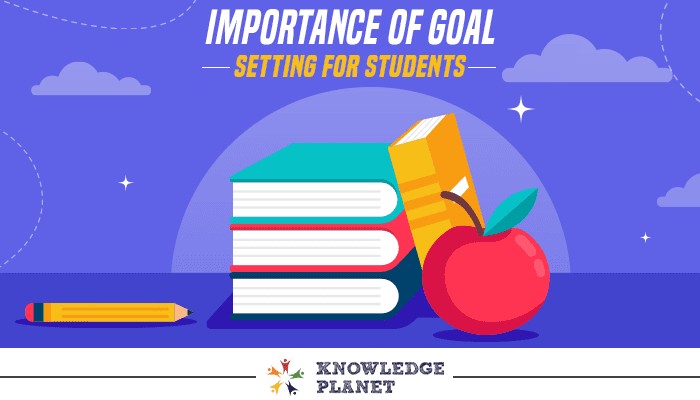In the vibrant and often demanding landscape of student life, where a myriad of activities, academic pressures, and personal aspirations converge, the seemingly simple act of goal setting emerges as an incredibly powerful, transformative practice. Far from being a mere administrative exercise, strategically defining objectives provides a clear compass, guiding students through the complexities of their educational journey and beyond. It’s the difference between drifting aimlessly and navigating with purpose, ultimately leading to enhanced academic performance, greater personal fulfillment, and a robust foundation for future success.
One of the primary reasons why goal setting matters so profoundly in student life is its ability to provide **clarity and direction**. Without clear goals, students can easily feel overwhelmed by the sheer volume of coursework, extracurricular opportunities, and social demands. They might spread their efforts too thin, or worse, procrastinate due to a lack of defined purpose. Setting specific academic goals, such as “achieve an A in Calculus by studying for 3 hours daily” or “complete my research paper on Myanmar’s economic reforms two weeks before the deadline,” creates a distinct focus. This clarity acts as a filter, allowing students to prioritize tasks, allocate their time effectively, and make informed decisions about where to invest their energy. It transforms a vague desire for “doing well” into a concrete action plan, reducing ambiguity and fostering a sense of control over their academic trajectory.
Beyond clarity, goal setting is a powerful catalyst for **motivation and engagement**. When students set compelling objectives for themselves, they tap into an intrinsic drive that propels them forward, even when faced with challenges. The prospect of achieving a desired outcome – whether it’s earning a scholarship, mastering a difficult subject, or getting accepted into a prestigious graduate program – provides a tangible incentive that fuels perseverance. For instance, a student in Yangon aiming to excel in the IELTS exam to study abroad will find their daily practice sessions imbued with greater purpose, knowing each exercise brings them closer to their larger aspiration. This direct link between effort and outcome transforms learning from a passive obligation into an active pursuit, fostering deeper engagement with the material and a more proactive approach to problem-solving.
Moreover, goal setting instills a crucial sense of **accountability and self-discipline**. When a goal is explicitly defined, it becomes easier to track progress and identify areas where more effort is needed. This self-monitoring process cultivates self-discipline, a vital life skill that extends far beyond the classroom. Students learn to take ownership of their learning, to evaluate their performance against their own benchmarks, and to adjust their strategies when necessary. If a student sets a goal to complete all assignments a day before the deadline, and they find themselves consistently rushing at the last minute, the discrepancy between their goal and their actions provides immediate feedback. This allows them to reflect on their time management or study habits and implement corrective measures. This iterative process of setting, striving, monitoring, and adjusting builds resilience and a strong work ethic, preparing them for the demands of professional life.
Goal setting also significantly contributes to **improved time management and efficiency**. With clear objectives in mind, students can more effectively allocate their most precious resource: time. They learn to prioritize tasks based on their importance and urgency, avoid distractions, and make the most of their study periods. Instead of simply “studying,” they are studying *for a specific purpose*, which leads to more focused and productive sessions. For example, a student aiming to participate in a university debate competition alongside their academic commitments will use goal setting to meticulously plan their debate research time, separate from their regular coursework, ensuring neither activity suffers. This strategic allocation of time not only enhances academic outcomes but also creates space for extracurricular activities and personal well-being, leading to a more balanced student life.
Finally, the practice of goal setting in student life fosters **personal growth and resilience**. The journey towards achieving academic goals is rarely linear; it’s often punctuated by setbacks, moments of doubt, and unexpected challenges. By setting goals, students learn to anticipate these obstacles and develop strategies to overcome them. They learn the value of perseverance, the importance of adapting their plans, and the satisfaction that comes from pushing past their perceived limitations. Each successfully achieved goal builds confidence and reinforces a belief in their own capabilities, empowering them to tackle even more ambitious challenges in the future. This continuous cycle of setting and achieving transforms not just academic performance, but the individual, equipping them with the invaluable qualities of determination, self-reliance, and a forward-thinking mindset that are indispensable for success in any endeavor beyond their student years.




